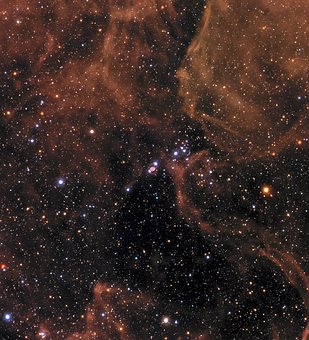
먼지의 무게
복사꽃 지는 어느 봄날
강가에서 모닥불을 피워 밥을 지었다.
쌀이 익어 김이 모락모락 피어올랐다.
저녁노을 아래 밥이 뜸 들어갈 무렵
강 건너 논으로 물이 천천히 들어가고 있었다.
문득 네팔의 한 화장터가 떠올랐다.
‘퍽!’
‘퍽!’
여기저기 불길 속으로 머리들이 터졌다.
사방으로 흩어진 뇌수를 개들이 핥아 먹었고
아이들은 붉은 잿더미를 파헤쳐 금붙이를 찾았다.
인간이 재로 바뀌는 건 두 시간이면 충분하지만
가난한 집의 시신들은 장작 살 돈이 부족해
절반만 태운 채 강물에 버려지기도 했다.
그들은 언제나 머리를 가장 먼저 불태운 다음
마지막으로 두 발을 태웠다.
나는 한동안 생각을 지탱한 머리와
세상을 지탱한 발을 비교하며
삶의 무게를 저울질하다 재처럼 풀썩이고 말았다.
인간이 어떤 것의 마지막에 이른다는 것
그 지점에 도달해서야 비로소
먼지의 무게를 재며 다시 처음으로 돌아간다는 것
밥이 뜸 들어가는 저녁마다 난 여전히
시를 짓듯 죄를 지었고
죄를 짓듯 시를 지었다.
오늘따라 논물이 강물보다 더욱 깊어가는 것도
단지 먼 길을 돌아온 세월 탓만은 아니리라.
Weight of Dust
On a spring night when the peach blossoms scatter here and there
I built a campfire on a riverbank and cooked rice.
Abundant steam floated up from the cooking rice.
When it was about done, under the evening glow,
Water flowed slowly into the rice paddies across the river.
Suddenly I remembered a crematorium in Nepal.
“Pop!”
“Pop!”
Brains were bursting in the flames.
Dogs were licking brain matter scattered all around
And children were rummaging through heaps of red ashes, looking for pieces of gold.
Although it takes only two hours to turn a human being into ashes,
Sometimes they threw half-burnt bodies into the river
Because poor families did not have enough money to buy firewood.
They always burnt the head first
And the two feet last.
Between a head supporting thoughts
And two feet supporting the world,
I tried for a while to weigh which sustained life more, and I ended up collapsing like ashes.
For a human being to arrive at the end of something,
And, there, finally
To weigh the dust and return to the beginning…
Every evening on that riverbank, while the rice was boiling,
I committed sins like I composed poems
And I committed poems like I composed sins.
The water in the rice paddy rose deeper today than it was in the river
And this is not just because of the detour I have taken.

이산하 시인은 민주화운동청년연합 선전국에서 활동하던 1987년 3월, 사회과학무크 <녹두서평> 창간호에 ‘제주 4·3사건’의 학살과 진실을 폭로하는 장편서사시 <한라산>을 발표해 엄청난 충격과 전율을 불러일으켰다.
Translated by 전승희 Seung-Hee Jeon
(literary critic and translator, editor of Asia: A Magazine of Asian Literature)










